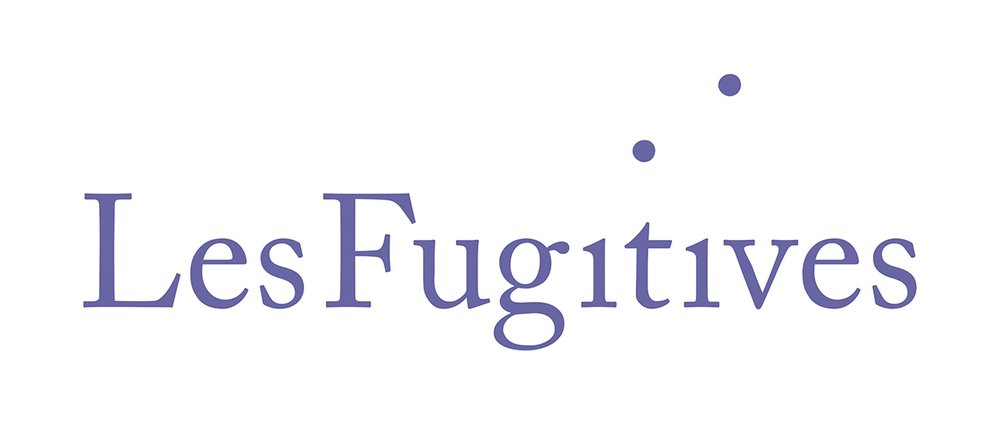UK reviews:
‘The narrator finds relevant insights in Kafka, Kraus and Klemperer, only to slam against the brick wall of her father’s gruff, everyman logic. It’s a neatly-made point: perhaps civilisation, with all its nuance and complexity, is too easily out-muscled by simpler arguments, even wrong ones. The book’s propositions are refreshingly low-tech. We are spared facile arguments about the role of the internet in all this, in favour of considering the deeper roots of societal darkness and its palpability in real life.’ — Rónán Hession, Irish Times
‘Brilliant, witty, utterly contemporary.’ — Times Literary Supplement
‘Her writing reminds me of a Rubik’s cube: twist the prose in a slightly different direction & something else is revealed, a further combination of colours makes itself known’ — Elodie Rose Barnes, Lucy Writers
US reviews:
‘This experimental novel is partly a tongue-in-cheek manifesto for poets and partly a Socratic dialogue with a superego called Papa, who thinks poetry is pointless. An unnamed, genderless narrator wanders around Lyon, smoking joints and questioning society’s ideas of usefulness.(...)They read obsessively about the Third Reich and see echoes in the xenophobic tenor of contemporary France, hinting that capitalism and fascism share a disregard for anything considered unproductive.’ — The New Yorker
‘Lefebvre‘s shiftless narrator searches for the place of poetry in a world gone mad, where the “culture sector is a graveyard for the soul’s repose.” The result is a series of lessons (“try not to knock yourselves out in the name of Liberty; take a bath or watch The Simpsons”) and an interior monologue filled with sharp observations, hysterical asides, and a sincere search for personal truth. This is not the kind of novel where things happen, but its bracing contemporary rhythms hold the reader’s attention. Lefebvre succeeds at mapping out an unquiet mind in the midst of crisis.’ — Publishers Weekly
French reviews:
‘Noémi Lefebvre refines a form of vital poetic resistance that ultimately unleashes a strange and subversive political animal, half orang and half utan. At once lyrical and feverish, Poetics of Work will do you a power of good.’ —Le Monde des livres
‘Lefebvre writes like a hiker who enjoys nothing more than staying where they are, following dead ends or winding, risky paths.’ — Les Inrockuptibles
‘Lefebvre stands up to the language of capitalism. She invents her own to elude the law of market forces, which exists in the name of the father. In doing so, she insinuates herself between the lines of the dominant discourse, swimming against the tide of prevailing neoliberalism and its categorical imperatives.’ — L’Humanité
Praise for Noémi Lefebvre and Blue Self-Portrait
‘These subjects, ranging from anxiety that his sexual desirability is dependent on his girlfriend imagining she’s sleeping with the next Schoenberg, to the paralysing effect of nazism on art, to beautiful insights into the compositional process, ensure that the book is no melancholic meditation on lost loves. For a comparatively short novel, Blue Self-Portrait yokes together an extraordinary profusion of ideas.’ — The Guardian
‘Like an application of the prose style of Thomas Bernhard to a particular female experience more reminiscent of Bridget Jones: a form of acute social embarrassment and chronic self-deprecation. The strength of Lefebvre’s novel is that it holds this private anxiety in balance not just with the highbrow cultural references of a well-educated European elite (Brecht, Mann and Adorno all get nods) but with the trauma of the Continent’s recent history.’ — Times Literary Supplement
‘As the plot unfolds among Berlin’s cultural institutions Lefebvre’s musical prose reflects the multidisciplinary approach of the artist it pays homage to.’ — Big Issue North
‘The feminist muse is an artist, too. No silent sitter, she swaps the easel-facing chaise for a work space wholly hers, sloughing off the obligation to inspire. Noemi Lefebvre’s novel Blue Self-Portrait glances askance at the mythos of male genius and the mute, compliant notion of womanhood on which it relies. Through masterful formal play, Lefebvre’s novel delights in mussing over-simple distinctions between artist and subject, insisting instead on a mutual, two-way gaze.’ — Public Books
‘In Lefebvre’s hands, the “history of me” becomes the “history of us.”’ — Document
UK and Ireland reviews:
‘Precise and apt for our times.’ — Rachel Andrews, The White Review's Books of the Year 2021
FICTION Poetics of Work, Morning Star, May 2021
Review: Poetics of Work by Noémi Lefebvre, Translating Women, 15 April 2021
Browser: Is genius linked to childhood trauma?, Rónán Hession, The Irish Times, 10 April 2021
Poetics of Work by Noémi Lefebvre: an exciting, provocative piece of art, Elodie Rose Barnes, Lucy Writers, 7 April 2021
Poetics of Work by Noémi Lefebvre, Scott Manley Hadley, Triumph of the Now, 31 March 2021
US reviews:
The Watchlist: March 2021, Tobias Carroll, Words Without Borders, 29 March 2021
Briefly Noted Book Reviews, The New Yorker, 22 March 2021
Vol. 1 Brooklyn’s March 2021 Book Preview, Vol. 1 Brooklyn, 5 March 2021
17 new books to look forward to, Katie Yee, Lit Hub, 2 March 2021
Lit Hub’s Most Anticipated Books of 2021, Lit Hub, 6 January 2021
Globetrotting, The New York Times, 23 December 2020
Poetics of Work, Publisher’s Weekly, 10 September 2020
Other reviews:
Truth Strangled From Ego: On Noémi Lefebvre’s Poetics of Work, Xiao Yue Shan, Asymptote, 26 April 2021
